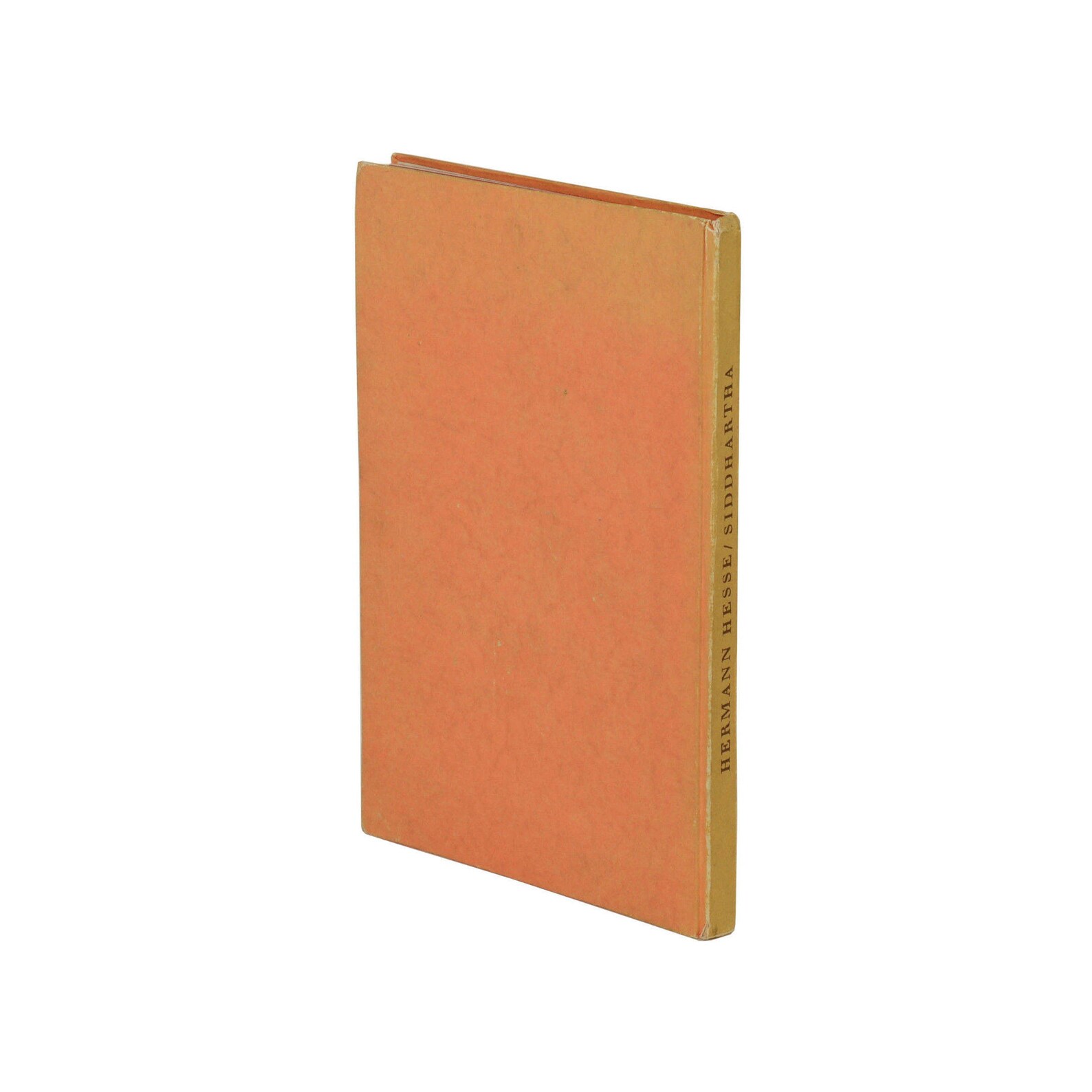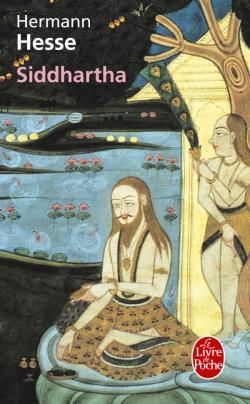

I asked him if he was named after the character in the novel. Some weeks after reading the book, I finally worked up the courage to chat with Siddhartha, who had black, shaggy hair and Billy Zane eyes. In the mango grove, shade poured into his black eyes, when playing as a boy, when his mother sang, when the sacred offerings were made, when his father, the scholar, taught him, when the wise men talked.īut yes, boys. The sun tanned his light shoulders by the banks of the river when bathing, performing the sacred ablutions, the sacred offerings. In the shade of the house, in the sunshine of the riverbank near the boats, in the shade of the Sal-wood forest, in the shade of the fig tree is where Siddhartha grew up, the handsome son of the Brahman, the young falcon, together with his friend Govinda, son of a Brahman.

When I opened the book in the shop, I felt as though I found a key to my crush, something that could tell me a little about who he was and how he’d come to carry his name. Rather, I was intrigued because a cute British guy in my contract law class happened to be named Siddhartha.

This intrigued me not because I was into spiritual or philosophical things. It further informed me that inside was the story of young Siddhartha’s search for ultimate reality after meeting with the Buddha. The book’s back copy disclosed he’d won the Nobel Prize in 1946. It was sleek, with green, leafy designs and a bold grey type. I was in the city studying law-a rite of passage for misguided Trinidadians who grow up believing it’s impossible to be a writer it’s impossible to be a poet it’s impossible to be anything except a doctor or lawyer or engineer-and I would wander around bookshops during my of time between classes.

That was the year I bought a copy of Hesse’s book, by chance, at a Waterstones at Piccadilly Circus in London. More specifically, I think of the boys I dated or fancied in 2004. Call me sacrilegious, but whenever I think of Hermann Hesse’s novel Siddhartha, I think of boys.


 0 kommentar(er)
0 kommentar(er)
